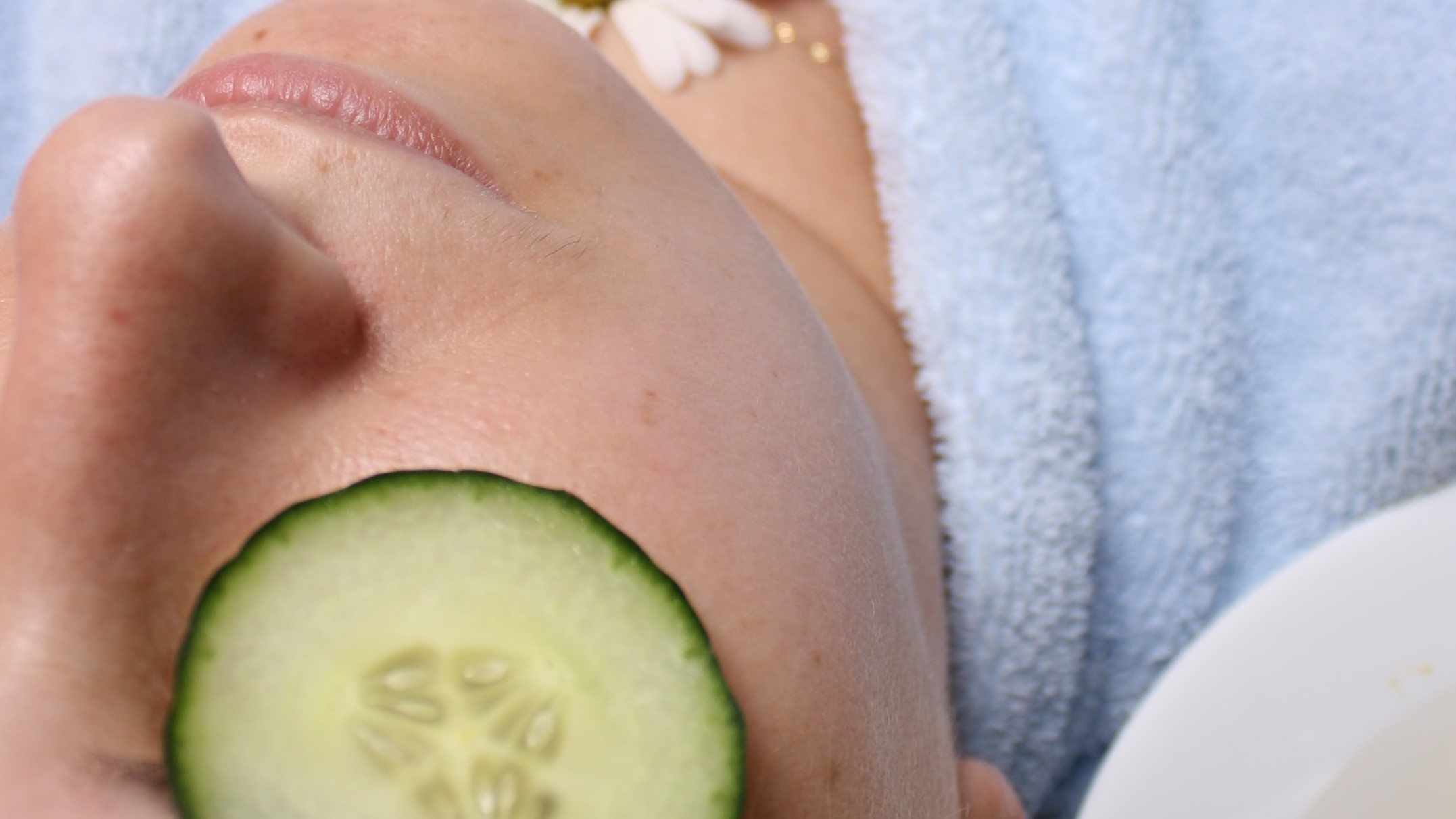Formulate user Malika has an important question about skincare professionals:
Okay so this might be a dumb question but what is actually the difference between a dermatologist and an esthetician? I get that one is a doctor, but is it like a doctor vs a chiropractor situation, a doctor vs a nurse situation, what's the deal? And what are the things that I should go to a doctor for vs what I should go to an esthetician for?
Thanks for writing, Malika! This isn't a dumb question at all - it's important to know where you should go to receive care. We're glad you asked!
Dermatologists are doctors with extensive training and knowledge about skin
It's an incredibly long journey to become a dermatologist. Dr. Erum Ilyas, MD, MBE, FAAD is a practicing dermatologist at Schweiger Dermatology Group. She shares: "The basic roadmap to a career in Dermatology consists of 4 years of college, 4 years of medical school, then a 4-year residency- at least 12 years in total. It is important to note that residency training programs generally consist of 80 hour work weeks for 4 years, with reading, studying, and research in addition to this time. Dermatology is a highly competitive field to attain a residency in which can add years of research to the process." Because of the length of training, most dermatologists are not able to practice dermatology until they are at least 30 years old. While that much of a time commitment really doesn't leave much room for anything else, it does guarantee an incredible amount of skincare knowledge.
Dr. Ilyas continues: "During our training we spend our time immersed in every aspect of the skin, our largest organ." She says dermatologists are trained to understand interactions between skin cells, hormonal interactions, immune interactions, medications, the environment, infectious triggers, bacteria, yeast, fungus, viruses, insects, insect vectors of illness, cancers of the skin, cancers that metastasize to the skin, rashes, lesions, growths, how the skin ages, UV, allergens, pollution, skincare products, hair, nails, cosmetics, cosmetic procedures, peels, lasers, devices, injectables... the list continues on and on. This level of training helps a dermatologist recognize any potential issues on the skin with a quick glance: "We are able to glean a significant amount of information about your skin, your environment, and your health from just looking at it."
Because of their rigorous medical training, Dermatologists are able to provide a comprehensive level of care for patients' skin, hair, and nails. Per Dr. Ilyas: "We provide skin evaluation, diagnostics, treatments, medical interventions, surgical interventions, cosmetic treatments from injectables, lasers, and other devices." Dermatologists also have prescribing power - if you need something like a prescription acne medication, a dermatologist is the only person who can provide a prescription.
Estheticians aren't in the medical field, but they can provide treatments that help the skin feel healthier
According to dermatologist Dr. Purvisha Patel, estheticians are the "boots on the ground providers" of skin and skincare. They can provide services like facials, superficial depth chemical peels, and other surface-level treatments, but can not prescribe medications or resolve underlying issues. Some work in dermatologists' offices, and are overseen by a dermatologist. Per Dr. Patel: "Dermatologists such as myself use estheticians as a left hand in patient care- they are able to perform procedures on patients to augment and correct cosmetic skin conditions."
Licensed Esthetician Jennifer McKeever shares, "In beauty school, it was always hammered into us that we 'treat, not diagnose.' If we see something of concern, we recommend the client to see a dermatologist. I've noticed the biggest differences in the two professions are that dermatologists are able to: diagnose skin conditions, prescribe medications, do injectables (Botox, fillers), use lasers, body contouring, perform surgical procedures/removal of lesions, and - unlike Estheticians - are able to take health insurance" That last part about health insurance is especially important -- while you may be able to be reimbursed for treatments made by an esthetician in the office of a dermatologist who takes your insurance, you won't be able to do so in the office of an independent esthetician.
So what can an esthetician do that a dermatologist typically will not? Mckeever continues: "Estheticians, although licensed to perform skincare, often do other beauty treatments like makeup artistry, lash extensions, body contouring, body treatments, lash lifting, tinting services, and body waxing. Those that focus on the skin are fluent in skincare ingredients, advanced skin care treatments, massage techniques, & the external and lifestyle factors that affect the skin."
Also important to note -- some estheticians lean into creating a spa-like atmosphere, while others work in a more medicalized environment. McKeever shares. "It's good to note that while many Estheticians choose to go with a more relaxation-focused treatment with aromatherapy, low-lighting, massage, and soothing tunes - other Licensed Estheticians enjoy clinical settings performing the express 30 minute and corrective hour-long treatment facials." So if you're seeking a particularly relaxing treatment, you may want to do a bit of research before picking an esthetician to visit.
If you see an esthetician within or outside of a dermatologist's office, they can refer you, as needed, to see a dermatologist. "An oncology post-licensing course I took allowed me to recognize various skin cancer growths", says McKeever. "Although I could not diagnose, I knew referring a client of mine to a dermatologist could be lifesaving. That it was!"
Wanna learn more about the world of skin and hair care? Here's your next read:
Frizzy Curly Hair Care 101
How to defrizz your curls and get 'em back into shape!
Hot Rollers Vs. Curling Irons
What's the difference between hot rollers and curling irons?
Difference Between a Mole and a Freckle
What's the difference between a mole and a freckle?
Moisturizer vs Lotion: What's the difference?
Can you use body lotion on your face?
Tips For Washing Hair In Hard Water
This is your guide to washing your hair in hard water
Minimalist Hair
Welcome to the wonderful world of minimalist hair
Type of Combs: Materials and Shapes
Your complete guide to picking out a comb


